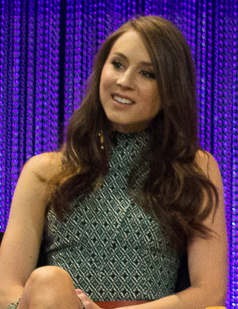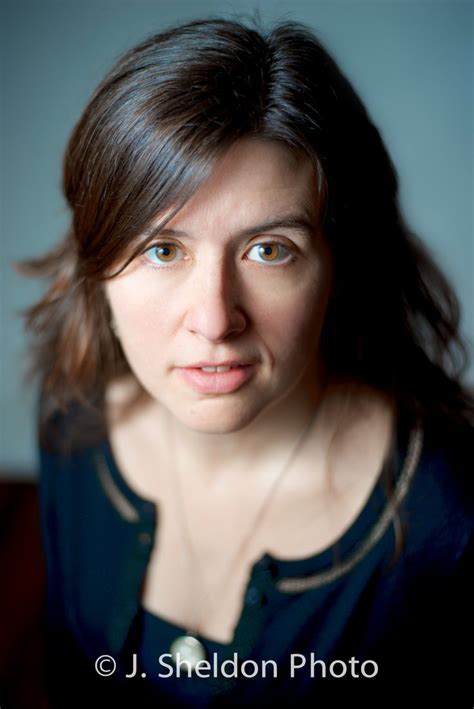A Quote by Roger Zelazny
I have often thought of doing a story with someone either as a human being or as a robot who, by a series of stages, changes into the other end of the spectrum. By the story's end, he'd be either totally robotic or totally human, the opposite of what he once was. And possibly... bring him back again.
Related Quotes
We know story collections end when they end, as well - the pages serving as a countdown - but nevertheless the standard story anthology hews closer to what makes being human so hard: it reminds you with each story how quickly everything we are, everything we call our lives can change, can be upended, can disappear. Never to return.
It then becomes necessary to stop short and make a choice: Either/Or. Either one drifts with their absurd system of ideas, believing that this is the human community. Or one dissents totally from their system of ideas and stands as a lonely human being. (But luckily one notices that the others are in the same crisis and making the same choices.)
Stories are there to be told, and each story changes with the telling. Time changes them. Logic changes them. Grammar changes them. History changes them. Each story is shifted side-ways by each day that unfolds. Nothing ends. The only thing that matters, as Faulkner once put it, is the human heart in conflict with itself. At the heart of all this is the possibility, or desire, to create a piece of art that talks to the human instinct for recovery and joy.
It's only a story, you say. So it is, and the rest of life with it - creation story, love story, horror, crime, the strange story of you and I. The alphabet of my DNA shapes certain words, but the story is not told. I have to tell it myself. What is it that I have to tell myself again and again? That there is always a new beginning, a different end. I can change the story. I am the story. Begin.
What art should be about,' they will say, 'is revealing exquisite and resonant truths about the human condition.' Well, to be honest - no, it shouldn’t. I mean, it can occasionally, if it wants to; but really, how many penetrating insights to human nature do you need in one lifetime? Two? Three? Once you’ve realised that no one else has a clue what they’re doing, either, and that love can be totally pointless, any further insights into human nature just start getting depressing really.
My parents telling me that if there is a story you feel compelled to share, then you are responsible for doing that. You can't ask someone else to take on that story - or you can, but you have to deal with whatever the fallout is. If the story doesn't end up being told the way you originally heard it or that you feel it needs to be expressed, that's on you.
All of women's stories in the 19th century had either one of two endings: you either had the good Jane Austen marriage at the end and you were happy; or you had the terrible Henry James savage downfall because of your own hubris as a woman, or you've made some great error leading you down a path to ruin. One is the story of love that's successful and the other is the story usually of reckless love that goes terribly wrong that destroys the woman.
I've often made revisions at that stage that turned out to be mistakes because I wasn't really in the rhythm of the story anymore. I see a little bit of writing that doesn't seem to be doing as much work as it should be doing, and right at the end, I will sort of rev it up. But when I finally read the story again, it seems a bit obtrusive.
To know another human being in their essence, you don’t really need to know anything about them - their past, their history, their story. We confuse knowing about with a deeper knowing that is non-conceptual. Knowing about and knowing are totally different modalities. One is concerned with form, the other with the formless. One operates through thought, the other through stillness.






































